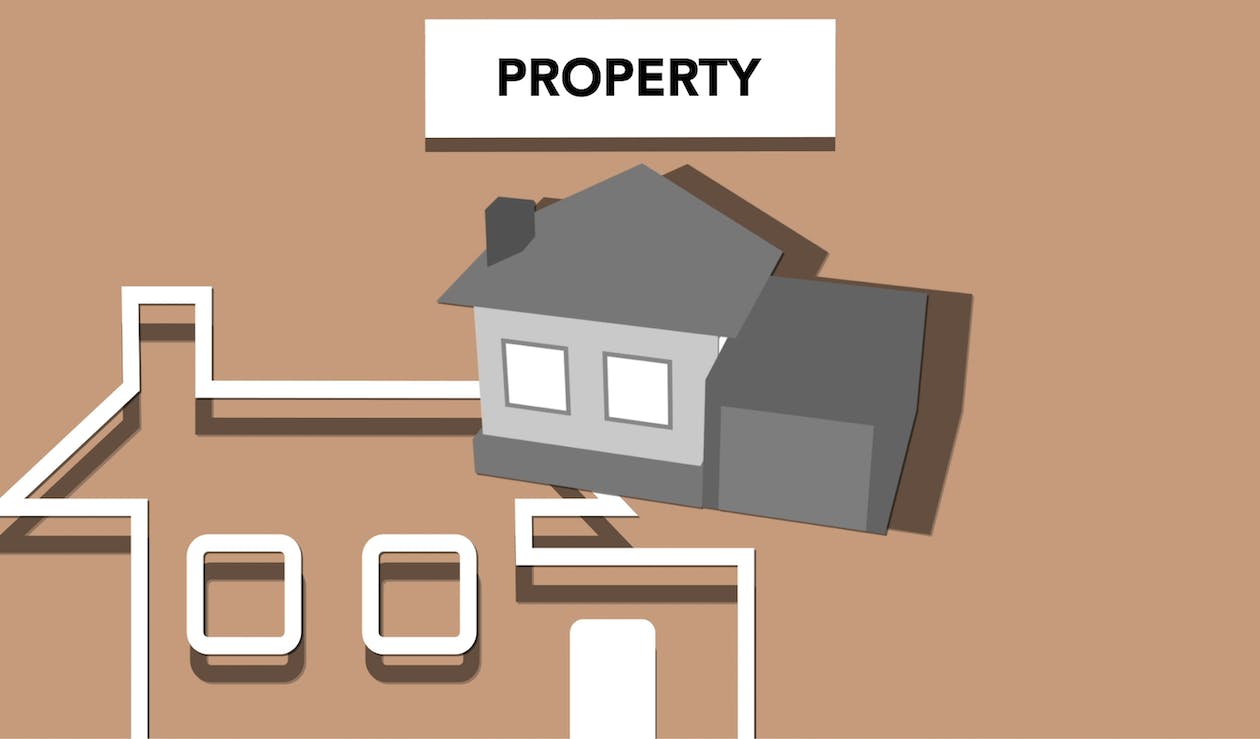What is a Short Sale in Real Estate? A Guide for Homeowners and Buyers
by Admin

What is a Short Sale in Real Estate? A Guide for Homeowners and Buyers
Introduction
In the world of real estate, a short sale can offer a beneficial solution for homeowners facing financial difficulties. It allows them to avoid foreclosure and potentially reduce or cancel a portion of their debt obligation to the lender. For buyers, short sales can provide opportunities for purchasing homes at a lower price. However, it's important to understand that the short sale process can be complex, time-consuming, and require careful navigation. In this blog post, we will dive into the details of short sales, exploring the advantages, considerations, and steps involved.
H1: Understanding Short Sales in Real Estate
H2: What is a Short Sale?
A short sale occurs when a homeowner owes more on their mortgage than the current value of their home. In this situation, the homeowner can apply to their lender for permission to sell the property for less than what is owed. The goal is to avoid foreclosure and mitigate potential damages to their credit score.
H2: The Benefits of Short Sales for Homeowners
Short sales offer several advantages for homeowners facing financial difficulties. By successfully completing a short sale, they can:
- Avoid foreclosure: Selling the property before it goes into repossession helps homeowners prevent the negative consequences of foreclosure, such as significant damage to their credit score.
- Reduce debt obligation: Lenders may agree to accept less than what is owed, potentially reducing or canceling the remaining debt after the sale.
- Mitigate long-term credit score impact: While a short sale can still have some negative effects on credit, it generally causes less harm than foreclosure.
H2: Considerations for Homeowners
While short sales can be beneficial, they are not suitable for everyone. Homeowners should keep the following considerations in mind:
- Time-consuming process: Short sales often take longer to complete compared to traditional real estate transactions. The homeowner must negotiate with the lender, provide evidence of financial distress, and navigate the complex approval process.
- Limited negotiation power: The original lender has the final say over the price at which the home is sold. This can limit the seller's negotiation power.
- Additional fees and requirements: Short sales typically involve as-is transactions, which may not include standard buyer fees like termite inspections or property surveys. Hiring an agent experienced in short sales and consulting with a HUD-approved housing counselor can provide guidance throughout the process.
H1: How Short Sales Work for Buyers
H2: The Buyer's Perspective
For buyers, short sales can present opportunities to purchase properties at a lower price. However, it's essential to understand the unique aspects of short sale transactions:
- Lender control: Lenders have the upper hand in the negotiation process, aiming to recover as much money as possible from the buyer. This can lead to extended timelines and uncertainty for buyers.
- Patience required: Buyers must have patience as it can take months to receive a response from lenders regarding their offer. Unexpected lien holders or complications could further delay or even cancel the transaction.
- As-is transactions: Short sales are typically sold "as-is," meaning that buyers should conduct thorough home inspections and be prepared for potential repairs or maintenance issues.
- Expert guidance: Working with an agent experienced in short sales negotiations can prove invaluable. They can help navigate the complexities of the process and increase the chances of successfully purchasing a short sale property.
H2: When to Consider a Short Sale
Buyers should consider pursuing short sales when it becomes necessary or presents a significant opportunity. It's important to weigh the following factors:
- Equitable pricing: Short sales can offer favorable prices on homes, but buyers should ensure the price aligns with the property's value and condition.
- Patience and flexibility: Buyers must be willing to wait for the lender's approval and navigate potential delays or complications.
- Expert assistance: Partnering with an agent experienced in short sales can help buyers identify suitable properties, negotiate effectively, and navigate the process smoothly.
Conclusion
Short sales in real estate offer a potential solution for homeowners facing financial difficulties and an opportunity for buyers to purchase properties at lower prices. Understanding the intricacies of the short sale process is crucial for both homeowners and buyers. By considering the benefits, limitations, and necessary steps involved, individuals can make informed decisions and successfully navigate the world of short sales in real estate. If you require further guidance, reach out to Altior Virtual Marketing for expert assistance in optimizing your real estate journey.
Savannah ga real estate agents
What is a Short Sale in Real Estate? A Guide for Homeowners and Buyers Introduction In the world of real estate, a short sale can offer a beneficial solution for homeowners facing financial difficulties. It allows them to avoid foreclosure and potentially reduce or cancel a portion of their debt obligation to the lender. For…
Recent Posts
- Commercial Roofer Cumming: Setting the Standard for Roofing Excellence in Cumming, GA
- Commercial Roofer Cumming: Setting the Standard for Roofing Excellence in Cumming, GA
- Your Premier Solution for Pest Control in Port St. Lucie at Ben’s Pest Control
- Is Stamped Concrete Cheaper than Regular Concrete? Debunking Myths with Columbus Stamp Concrete
- Transform Your Commercial Space with Premier Custom Glass Solutions in Atlanta
